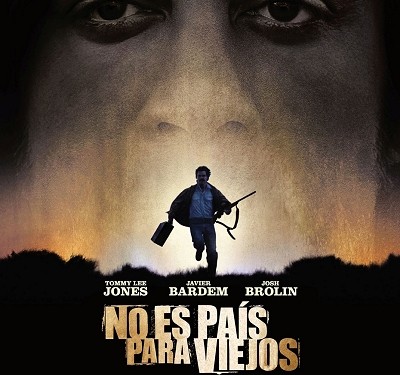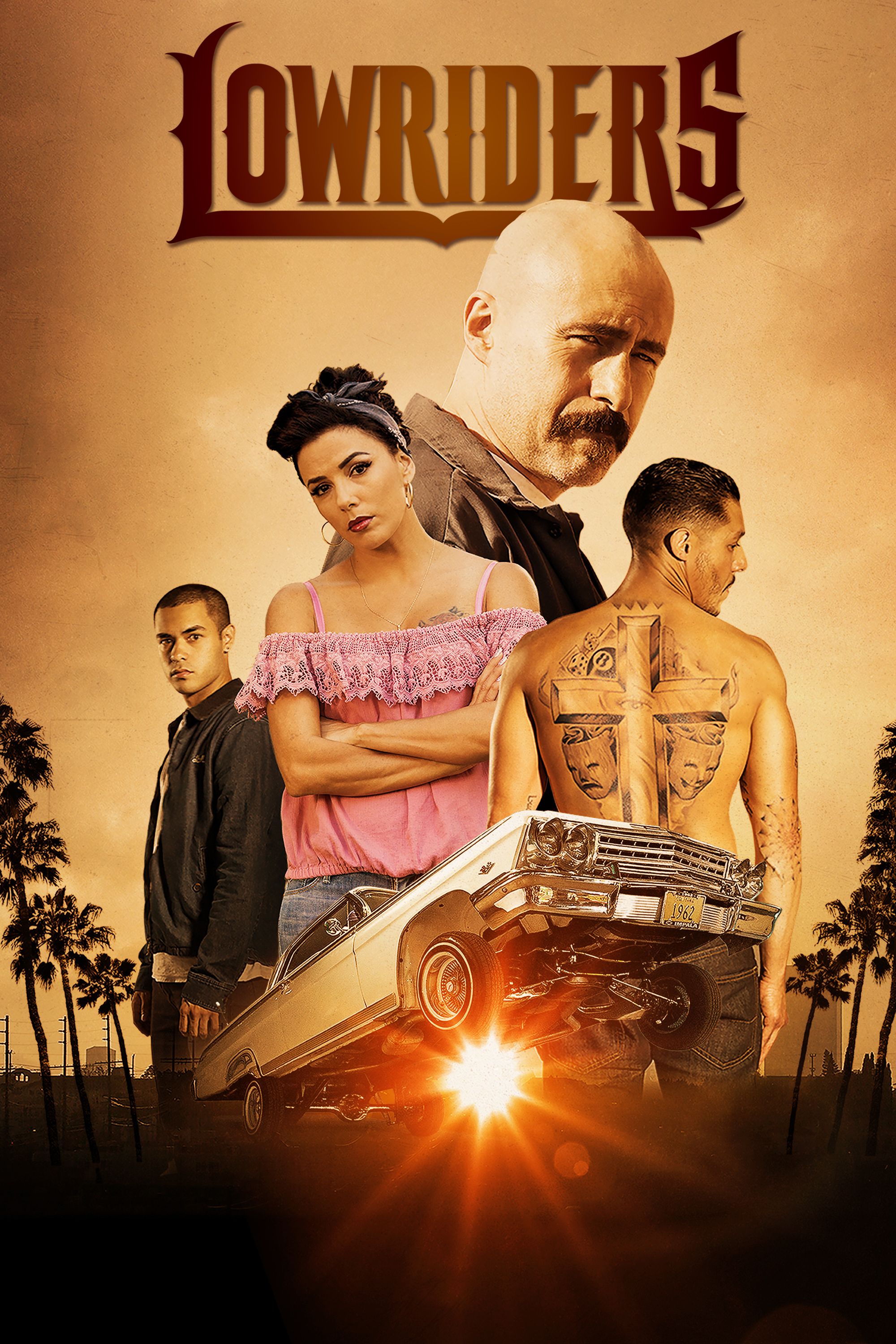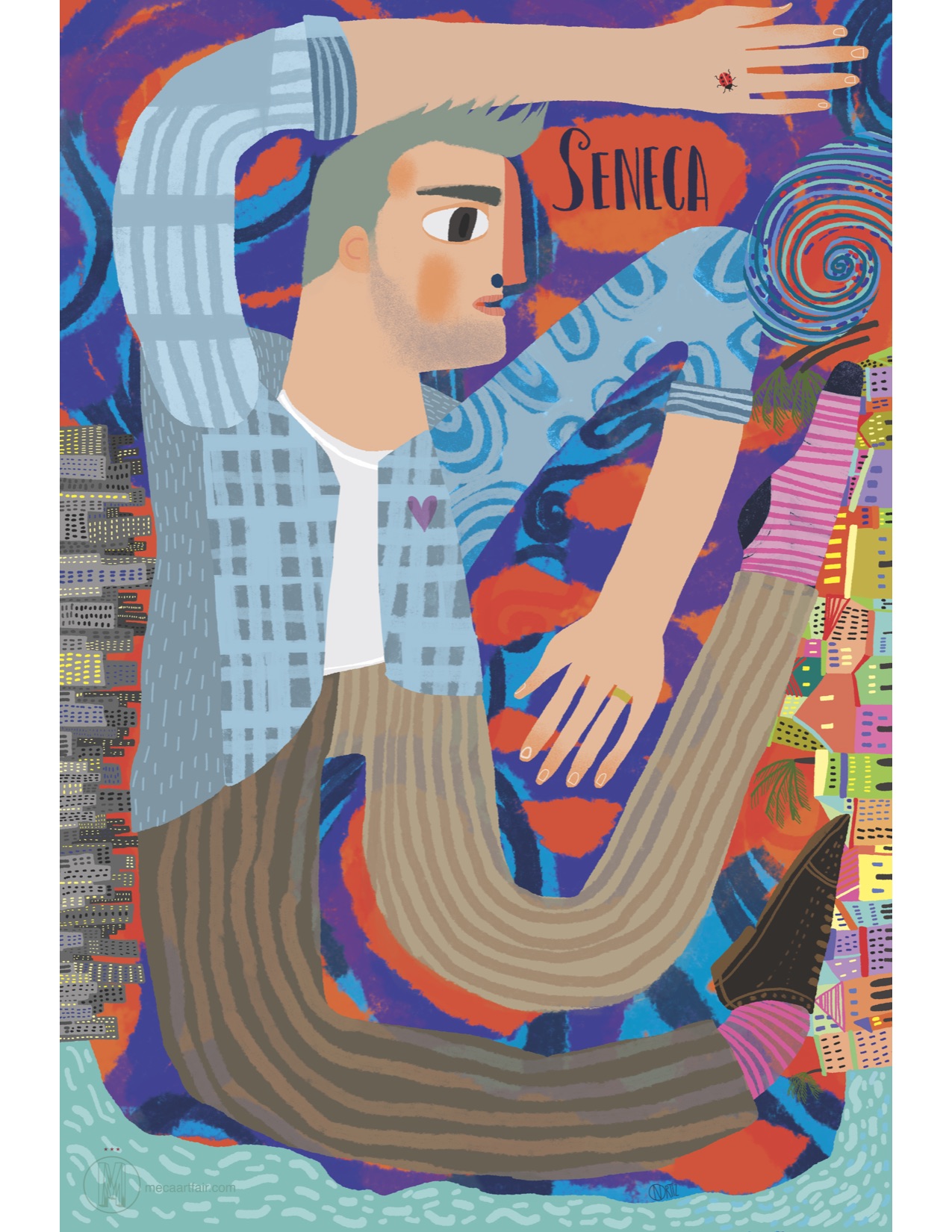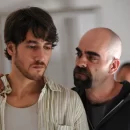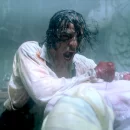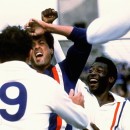No Country For Old Men (Movie Review)
07.7.2007 | By Alex Florez |
Confieso que últimamente el cine norteamericano me ha decepcionado y me ha dejado buscando refugio en las producciones extranjeras que han amenazado al mundo de Hollywood con su narrativa sincera y sus ideas provocativas y desafiantes. Pero les advierto: En este país siguen habiendo cuentistas de pesos pesados y no me refiero a los autores de esa gran cosecha de películas en la década de los setenta como Martin Scorsese y Francis Ford Coppola. Read More

